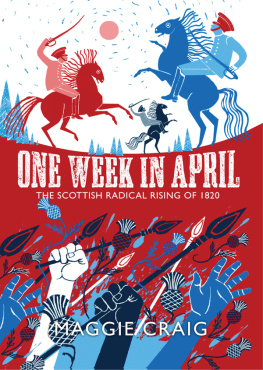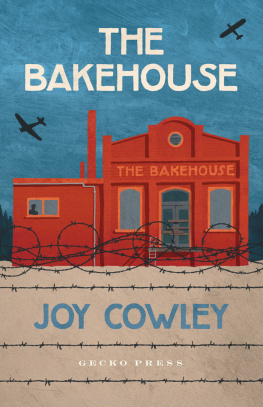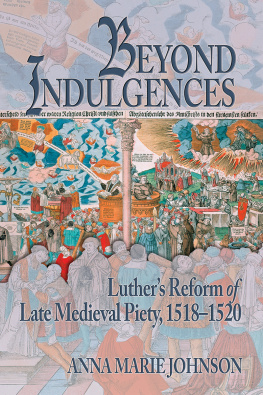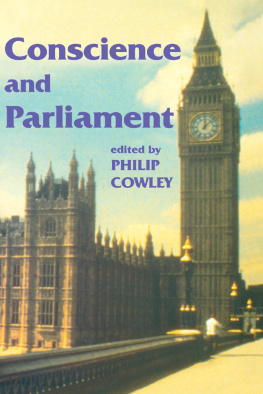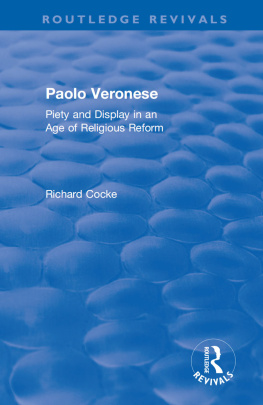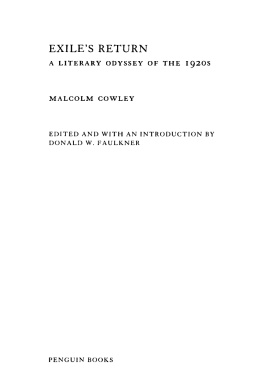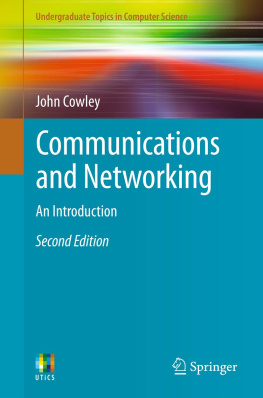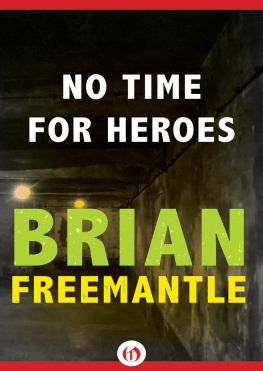Rational Piety and Social Reform in Glasgow
The Life, Philosophy, and Political Economy of James Mylne ( 1757 1839 )
by Stephen Cowley
foreword by David Fergusson
Some Quotes from James Mylnes Lectures
I have no objection to common sense, as long as it does not hinder investigation.
Lectures on Intellectual Philosophy
Hope never deserts the children of sorrow.
Lectures on the Existence and Attributes of God
The great mine from which all wealth is drawn is the intellect of man.
Lectures on Political Economy
Portrait of James Mylne by John Linnell ( 1835 ) copied from Sothebys catalogue ( 1985 ), accessed through Scottish National Portrait Gallery, courtesy of Sothebys, London. The original was last known in the possession of a private collector, Virginia, U.S. in 2011 .
Foreword
After serving as minister of Paisley Abbey, James Mylne ( 1757 1839 ) held the Chair of Moral Philosophy in the University of Glasgow for over forty years. He was the most significant figure between Thomas Reid and Edward Caird in a distinguished tradition of thth century philosophy in Glasgow. Yet Mylnes career is marked by a paradox of eminence and obscurity. As a Church of Scotland minister, political activist, university teacher, and popular lecturer, he was an influential public intellectual in the early th century. His interests were not confined to metaphysical speculation; they extended to the most pressing social, political and religious interests of the day. To this extent, he was an impressive exponent of what George Davie has called the democratic intellect. Viewed with suspicion by some, he was held in high esteem by many. Testimonies reveal him to be of an independent, questioning spirit and reluctant to be closely identified with any single party. Many of his students found their way into positions of professional leadership. Others held important posts in philosophy throughout the English-speaking world. Yet since the mid-th century, Mylne has become a shadowy and virtually unknown figure of the Scottish philosophical tradition. The main reason for this is certainly that Mylne never left a body of published work for later generations to read and inwardly digest. This absence has consigned him to obscurity. Our principal mode of access to his philosophy is through several sets of student handwritten lecture notes, deposited in different libraries.
In this meticulous study, Dr Stephen Cowley has succeeded in bringing Mylne out from the shadows. After years of painstaking research on lecture notes, press reports, minutes of meetings, and testimonials, he has produced an integrated account of Mylne as philosopher, political economist, churchman and social reformer. What emerges is a thinker who attributed more to the organising powers of the rational mind than did his predecessor, Thomas Reid through his so-called common sense philosophy. This places Mylne between the traditions of Scottish realism and the later emergence of idealism in Glasgow via the study of Kant and Hegel. More broadly, it also locates Mylne, who was much influenced by his reading of French philosophy, in a longstanding Scottish intellectual tradition that developed through close contact with continental Europe.
As a social reformer, Mylne identified with the Whig Party and participated prominently in Fox dinners in the west of Scotland. His commitment to press freedom, constitutional reform, and Catholic emancipation placed him on the left of Scottish politics, not always a comfortable position for a professor or minister of the Kirk at that time. Within the Church of Scotland, he appears to have sympathised with revisionist tendencies on doctrines such as the work of Christ, the Trinity and hell as everlasting punishment. This led to accusations of doctrinal heterodoxy, the advancement of a sterile rational religion, and the undermining of the faith of ordinands who attended his lectures. Doubtless, the fear of censure in the courts of the church contributed to his decision not to promote his views in printa similar strategy had been employed by the controversial theologian John Simson, a century earlier in Glasgow. And yet Mylne did not seek to confine his views to the solitude of his study. He was active in public life, participating in reforming movements and lecturing regularly in the evenings to the merchant classes of Glasgow.
We are greatly indebted to Stephen Cowley for this rounded and sympathetic portrait. As the standard point of reference for our understanding of his life and work, Cowleys monograph is unrivalled as the most significant study of Mylne. Not only has he drawn attention to a leading philosophical figure in the history of modern Scotland, he has given us a richer understanding of the intellectual, religious and political life of this period. Mylnes independence of spirit, political awareness and academic rigour, together with the intellectual vitality of the period, provide us with much to ponder and admire in this study.
David Fergusson
Acknowledgements
I wish to thank my supervisor, Professor David Fergusson, and examiners Dr. James Harris and Professor Stewart J. Brown for guidance on the content and final form of this work. The staffs of the libraries and archives overleaf were of great assistance to me.
Abbreviations
BL- - British Library, London
EUL- - Edinburgh University Library
FES- - Fasti Ecclesiae Scoticanae
GChr- - Glasgow Chronicle
GC- - Glasgow Courier
GJ- - Glasgow Journal
GM- - Glasgow Mercury
GUA- - Glasgow University Archives
GUL- - Glasgow University Library
JSP- - Journal of Scottish Philosophy
ML- - Mitchell Library, Glasgow
NAS- - National Archives of Scotland, Edinburgh
NCL- - New College Library, Edinburgh
NLS- - National Library of Scotland, Edinburgh
PCL- - Paisley Central Library
PRO- - Public Records Office, Kew Gardens, London
StUL- - St. Andrews University Library, St. Andrews
Rational Piety and Social Reform in Glasgow
The Life, Philosophy, and Political Economy of James Mylne ( 1757 1839 )
Copyright 2015 Stephen Cowley. All rights reserved. Except for brief quotations in critical publications or reviews, no part of this book may be reproduced in any manner without prior written permission from the publisher. Write: Permissions. Wipf and Stock Publishers, W. th Ave., Suite , Eugene, OR 97401 .
Wipf & Stock
An Imprint of Wipf and Stock Publishers
W. th Ave., Suite
Eugene, OR 97401
www.wipfandstock.com
ISBN : 978-1-62564-997-3
EISBN : 978-1-4982-7061-8
Manufactured in the U.S.A.
introduction
The Need to Recover James Mylnes Philosophy
Introduction
T he philosopher James Mylne ( 1757 1839 ) vindicated the rational powers of humanity against the skeptical and common sense philosophies of his Scottish predecessors and earned the trust of his Whig contemporaries for his interventions in political debate. Many considered him a significant and original figure. Mylne and the largely neglected philosophy and political economy classes he taught in Glasgow hence clearly merited closer study. This book contains a biography of James Mylne and interpretative essays on his lectures on moral philosophy and political economy and on his political views and activities.






